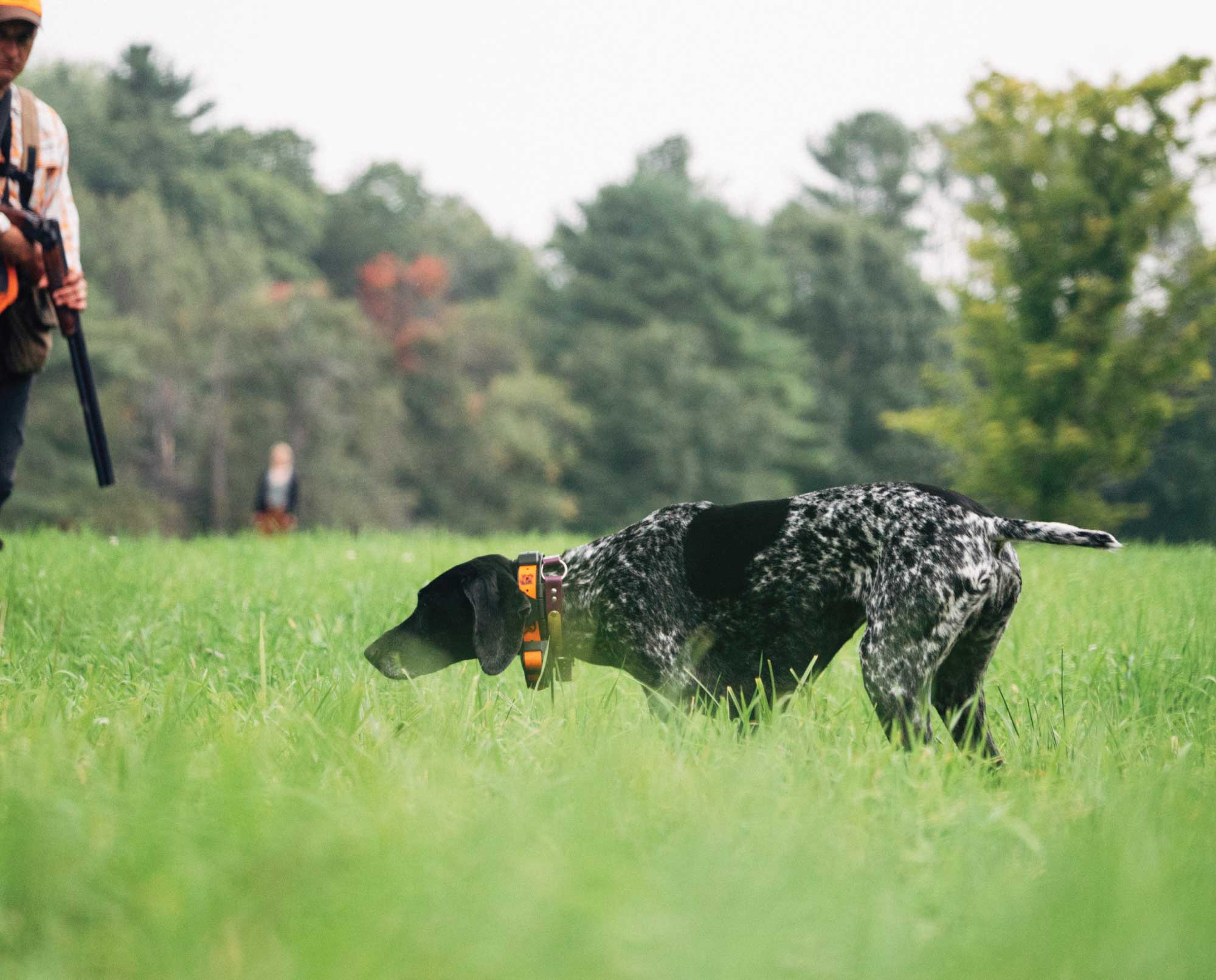The German Shorthaired Pointer: A Versatile Ally in Police and Detection Work
Introduction:
The German Shorthaired Pointer (GSP), renowned for its intelligence, trainability, and exceptional sense of smell, has become an indispensable asset in police and detection work. This versatile breed has proven itself capable of tackling a wide range of tasks, from tracking down criminals to detecting narcotics and explosives. This essay will critically examine the complexities of the GSP's role in these fields, exploring its strengths, limitations, and ethical considerations.
Unique Attributes and Suitability for Police Work:
GSPs possess several attributes that make them ideally suited for police work. Their exceptional sense of smell, stemming from their dense olfactory bulbs and vast number of scent receptors, allows them to detect even trace amounts of substances. Their keen eyesight and acute hearing further enhance their ability to locate and identify suspects or evidence. Additionally, GSPs are highly trainable and have a strong work ethic, qualities that are essential for successful police canine teams.
In police settings, GSPs are primarily utilized in tracking and detecting narcotics. Their ability to follow scents over long distances makes them invaluable for tracking down suspects who may have fled a crime scene. They can also locate hidden narcotics stashed in vehicles, buildings, or open areas, providing crucial evidence in drug-related investigations. GSPs have proven particularly adept at detecting narcotics such as cocaine, heroin, and marijuana.
Detection Capabilities and Applications:
Beyond their role in police work, GSPs have also made significant contributions in detection settings. Their keen sense of smell has enabled them to excel in various detection tasks, including:
Narcotics Detection:
GSPs are highly proficient in detecting illegal drugs, including narcotics such as cocaine, heroin, and methamphetamine. Their ability to identify these substances at border crossings, airports, and other entry points helps prevent trafficking and illegal distribution.
Explosives Detection:
GSPs can be trained to detect explosives used in terrorist attacks or other criminal activities. Their keen sense of smell allows them to pinpoint explosives concealed in luggage, vehicles, and buildings, enhancing public safety and security.
Cadaver Detection:
GSPs are also used to locate human remains in search and rescue operations, mass disaster scenarios, and crime investigations. Their ability to detect the scent of decomposition aids in finding victims who may be buried or hidden.
Ethical Considerations and Training:
The use of GSPs in police and detection work raises important ethical considerations. Critics have questioned the potential for false positives, the impact on animal welfare, and the possibility of using dogs as weapons.
False Positives:
GSPs, like all detection dogs, can be susceptible to false positives, where they indicate the presence of a substance or object when none is present. This can lead to unwarranted searches, seizures, or detentions.
Animal Welfare:
The welfare of GSPs used in police and detection work must be a top priority. Dogs must receive adequate training, veterinary care, and rest. They should not be subjected to excessive or dangerous situations that could harm their physical or mental well-being.
Use as Weapons:
Some critics argue that using dogs as weapons is unethical and can lead to excessive force. GSPs should be trained to apprehend suspects without using excessive aggression and only as a last resort.
Engaging with Perspectives and Research:
Various perspectives exist on the use of GSPs in police and detection work. Some law enforcement agencies extol the benefits of these canine partners, citing their effectiveness in solving crimes and enhancing public safety. Others express concerns about false positives, animal welfare, and the potential for misuse.
Research has provided evidence supporting both the capabilities and limitations of GSPs. Studies have shown that they can detect narcotics and explosives with high accuracy rates. However, other research has highlighted the potential for false positives and the need for rigorous training and validation protocols.
Conclusion:
The German Shorthaired Pointer's role in police and detection work is complex and multifaceted. Their exceptional sense of smell, trainability, and versatility make them valuable assets in tracking down criminals, detecting narcotics and explosives, and locating human remains. However, ethical considerations regarding false positives, animal welfare, and the potential for misuse must be taken into account. Rigorous training, proper handling, and ongoing research are crucial to ensure that GSPs continue to serve effectively while safeguarding the rights of individuals and the well-being of these remarkable animals.
How Doberman Pinschers Are Perfect For Protection
The Adorable Bark Of Yorkshire Terriers
Why Beagles Are Great For Kids



